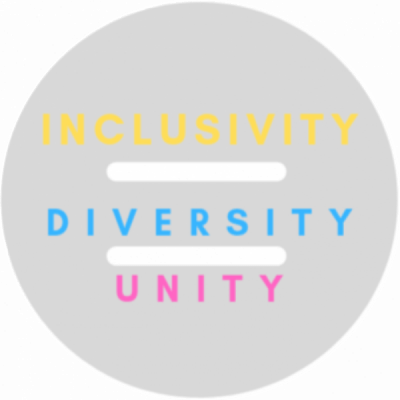By: Mericel Mirabal
While our project has been focused on entrepreneurship within small businesses, we are really open to the idea of taking outside perspectives, especially those of consumers. Today, we interviewed Katie Suppes, who most recently has been working within a nonprofit organization. We were luckily able to get into contact with her through a sign-up sheet we put out with the Center for Gender Equity table at the Lehigh Valley Women’s Summit last week.
Suppes was really great at speaking to us about what she viewed were some of the biggest struggles and ways that we could help to improve inclusivity through awareness or physical measures. She spoke to us about how she has witnessed women stuck in the lower positions and how normally there are always white male figures at the head of administration, or the board of trustees, etc. She noted that there are definitely different treatments of young women, in which case they are not taken as seriously, which leads to the issue of lack of representation. People are different in a vast amount of ways, and only having a white male figure to come up with decisions for everyone leads to unfair decision making.
Throughout our conversation with Suppes, she also really emphasized that a lot of the conversation now-a-days has been very much “surface level inclusivity,” in which words like diversity, inclusion and equality are used, but that the deeper understanding behind it is not being taught. In order to improve this, she said people must be educated on implicit biases and support people from all different kinds of backgrounds, but the educating should not be the responsibility of the minority or the younger generation. Everyone has to be held accountable and be responsible for learning.
Suppes feels that the Southside community is much more connected to each other and that they tend to participate in events and help each other out because they want to and not because they have to. She gave some really good ideas about how there could potentially be a community spotlight on businesses that are owned by minorities of gender, sexual orientation, race and religion. Future entrepreneurs could also use the Chamber of Commerce or affinity groups of their particular identity group as a resource to help foster success by bringing awareness and promoting their businesses.
